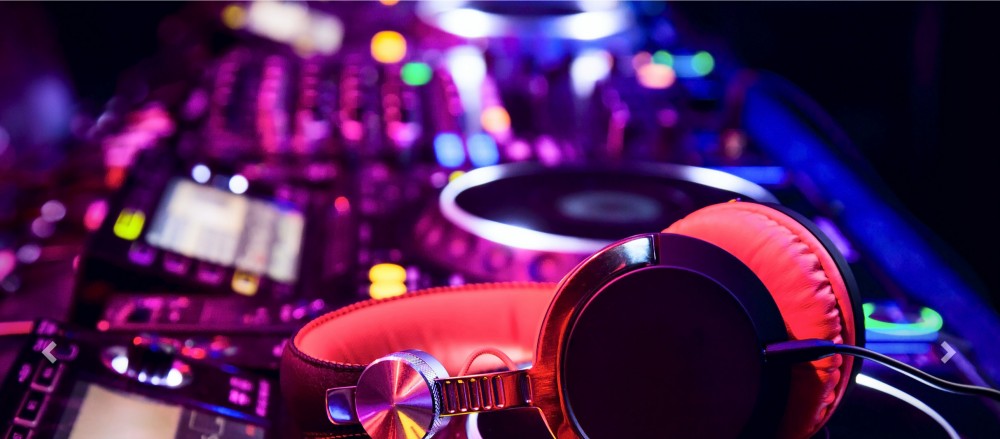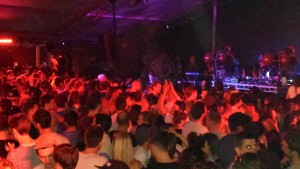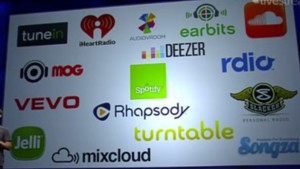Social media, Social media, Social media!!!!
What is this social media and why everyone is always talking about this. Social media is a website, an application or a platform where people can share contents which included pictures, video’s, musics, share similar internet, exchange information on certain topics. Social media is a platform where people feel connected with each other, even if they do not know each other personally. There are hundreds of social media website floating around on internet but there are only few which has literally “broke the internet”. Social media websites such as Facebook, Twitter, Instagram seem to be like limbs of human beings these days. It has no limits. Recently this platform has been used by many organisations across the globe in order to keep close contact with their customer, so customers feel more connect to the organisation. Platforms such as Facebook and Twitter are like top of the agenda for many global business as they can interact with individual from anywhere across the globe without inconvenience through these platforms.
Board members of top organisations, consultants are always looking for new social platform which could be used by their business in order to gain more profit. Having so much information knowledge and interest in social media there seems to very little understanding regarding the term “Social media”. With the help of this post i would like to gain attention of my peers who are working on similar project regarding the different between social media and related concept on web 2.0. In order for us to fully understand this concept, we will have to travel back in time when the foundation on social media was laid in 1979 and a big thing called “social media” was created on top this foundation 10 years later. The first social media website was known as “Open diary” which was created in 1990s. Due to the tremendous change in the speed of internet and popularity in the concept of blog writing, in 2003 a social platform name “myspace” was born.
Let’s talk a little bit about web 2.0 now. web 2.0 actually came into existence in 2004 around the same time Facebook was born and this is where the confusion took place. Term web 2.0 was used by academics and researcher in order to describe new ways of utilising the world wide web. This was an era where application and programs weren’t just created by individual but the whole community took part in the process in order to make continuous improvements. Blogs and wikis are the best examples of web 2.0 are often confused with “social media platforms”. In order to use web 2.0 an individual doesn’t have to go through any special training and there aren’t any specific update which are require to use this facility but functionalities such as AJAX, Adobe and RSS are requirements for using the service to its full potential.
Kaplan.A.,Haenlein.M.2009.Users of the world, United! The challenges and opprotunities of social media. Avaliable on : http://www.sciencedirect.com/science/article/pii/S0007681309001232, [Accessed on 10th april 2015]




